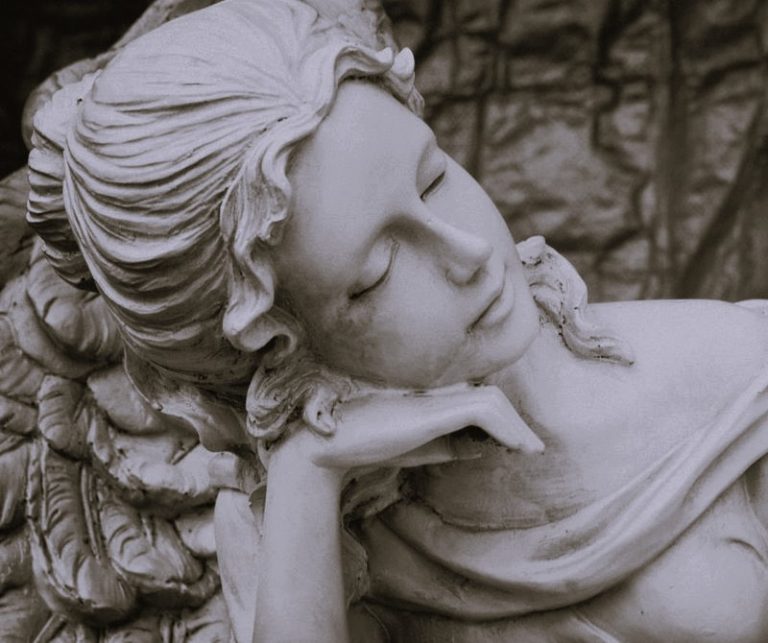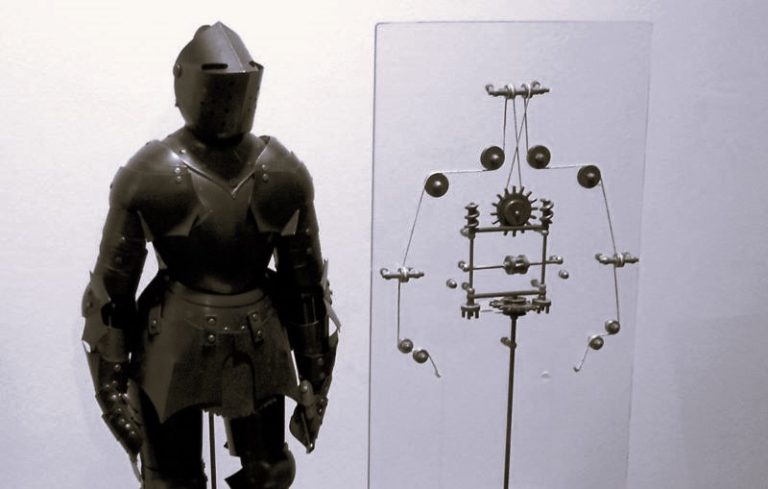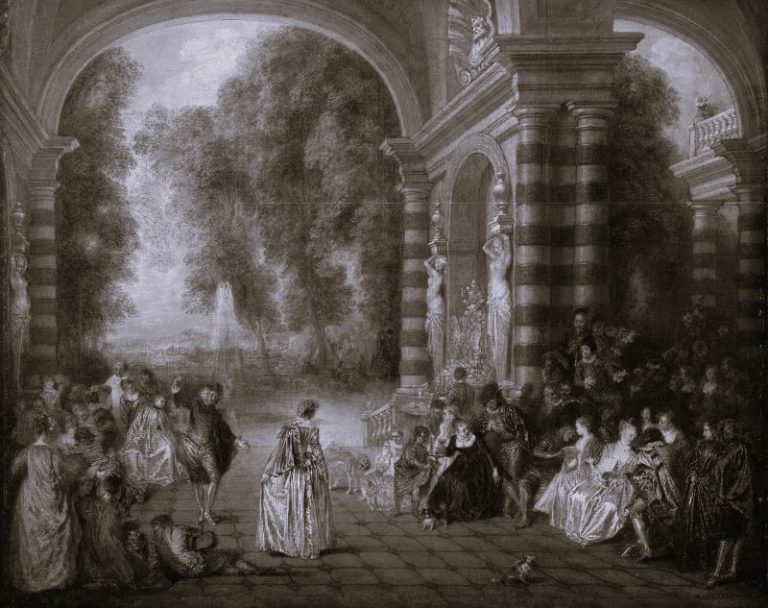

Talking to a Black art collector and a curator about the ethics of cultural ownership.

By Amanda Parris
Columnist and Host
CBC Radio-Canada
In 2017, Jean-Michel Basquiat’s Untitled skull painting was purchased for $110.5 million US by Japanese entrepreneur and billionaire Yusaku Maezawa. The historic purchase joined a growing number of works by Black American artists that have skyrocketed in value on the art market. These astronomical prices are frequently in the headlines, but I have also been curious about the collectors who choose to own these pieces. Who buys Black art? Why do they buy Black art? And does it matter who owns these works?
To grapple with these questions and more, I spoke virtually with Dr. Kenneth Montague, one of the most noted Black art collectors in Canada. Earlier this year, Montague published As We Rise: Photography from the Black Atlantic, a book by Aperture containing select photographic works from his extensive collection. It’s a moving assemblage of images that invites the viewer to witness an array of intimate moments in the wide expanse of Black life. According to Montague, Aperture was interested in putting together a book not only featuring the work of Black artists but specifically highlighting pieces that had found their home within a Black-owned collection. “That was really special and really kind of foundational for me. I didn’t really want to deal with a company that didn’t get that important fact.” Montague notes the soaring prices of work by many of the artists featured. “[Today] I couldn’t even afford many of the works in my collection,” he tells me. “In a way, we’re trying to hold on to something and keep something for ourselves, and I think Aperture understood that.”
For Montague, who began purchasing works in the late ’90s, collecting is a form of storytelling, and he believes the works he acquires are engaged in a constant dialogue with each other. Each one contributes to Montague’s personal curatorial mission: to explore the multifaceted variations of Black experience. “I’m connected with the works and with my collection,” he told me. “It’s very much about figuration and portraiture. It’s about people. I see my own family. I’m very connected to the work spiritually because this is my community. I’m not saying that someone outside of the community can’t appreciate work by Mickalene Thomas or work by Dawit Petros or Sandra Brewster. I’m just saying that it’s extremely visceral and very intimate for me because these are my people.”
READ ENTIRE ARTICLE AT CBC RADIO-CANADA






